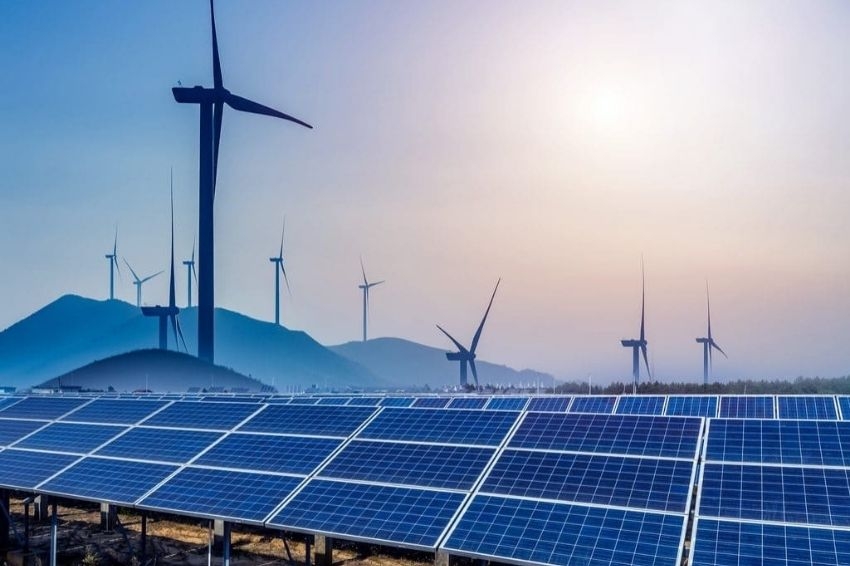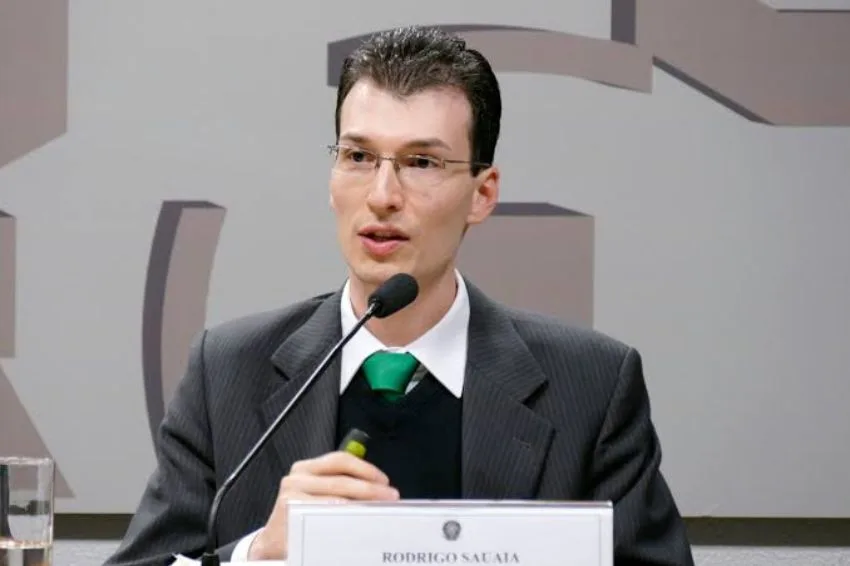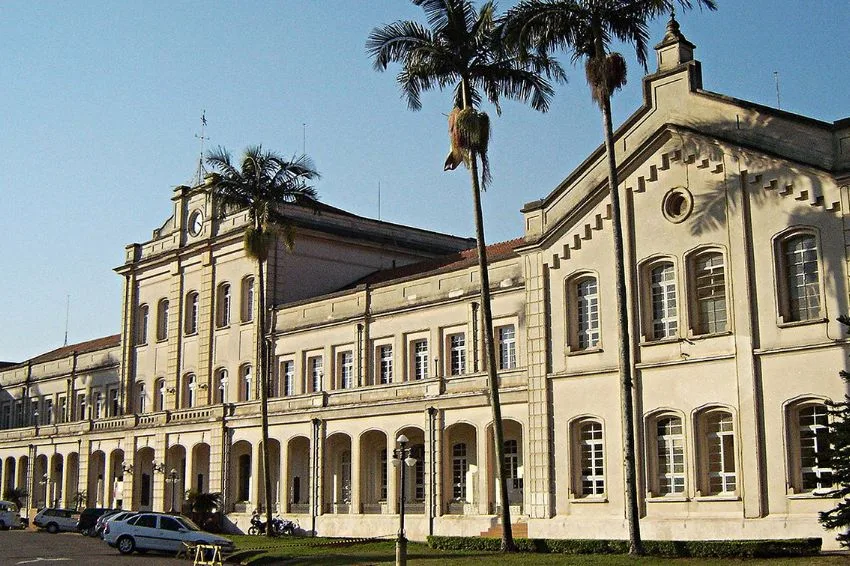“Storage cures one of the biggest pain points for renewables, especially solar and wind, in terms of energy dispatchability.” The statement was made by Bruno Kikumoto, executive director of Canal Solar. The electrical engineer participated in the podcast Papo Solar this week and commented that energy storage comes to consolidate the consumer empowerment movement.
“Solar generates [energy] when there is sun. The night generates nothing. Wind power is the same thing, it generates energy when there is wind. Therefore, storage comes to boost renewables. The issue of unpredictability, of not controlling these energy sources, is possible with batteries. It is possible to modulate and deliver energy from a renewable source to the consumer”, highlighted Kikumoto.
“For example, when the consumer presses the switch to turn on the light, he doesn't want to know if there is wind, sun, water in the reservoirs, or, if there is coal to burn, he wants energy. Renewables did not have this control, this dispatchability. Storage brings even greater competitiveness and possibilities”, explained the expert.
According to him, within this line of empowerment, with the use of batteries and solar energy, consumers will depend less and less on the electricity grid. “The energy generated during the day is delivered to my household appliances, for example. What I don’t consume, instead of injecting it into the electricity grid, I can store it in the battery and use it at night,” he said.
“I believe that we will become less and less dependent, as consumers, on the grid. We will eventually use it as a backup. We can even use it to charge the battery”, explained the director of Canal Solar.
“Battery systems will help the grid, including providing energy at times of high demand in the regions where they are installed. For this to happen, we need the regulation of these systems to be carried out in conjunction with ANEEL (National Electric Energy Agency) and that public policies and tax incentives are created”, he highlighted.
Photovoltaic sector continues to grow
During the podcast, the executive also commented on the solar energy market in the first half of this year in Brazil. For him, the sector remained strong, despite the Covid-19 pandemic.
“The DG (distributed generation) segment grew by almost 78% in the first half of 2020 compared to 2019. It could have been better if there hadn't been the pandemic, but the market grew. We are now seeing the same movement in the second half of the year. Generally, it is a semester of greater negotiations. Business owners, anticipating the high energy consumption that comes with summer, are already preparing to make the investment and enter next year with savings”, he reported.
“Thinking about 2021, when we have the Covid-19 issue more resolved with a vaccine, the businesses that were repressed will get off the ground. We already see companies doing this, investing and, of course, solar goes along with it. The world is increasingly technological. Machines need electrical energy, and photovoltaic sources are a competitive way to have cheaper energy. So, whoever is in the solar market can be sure that they are in the right segment, which is even growing even more”, concluded Kikumoto.
Future of the energy matrix in Brazil
Bruno Kikumoto also highlighted that Brazil needs to extract the best from each source to, consequently, have cheaper and more competitive energy, thus boosting other companies and industries and making the economic wheels turn in the country.
“I think the energy matrix needs all these elements. We cannot privilege one technology over another, and all sources need to be evaluated considering all their attributes: electrical, financial, environmental and social. This is the challenge the government has. We need them to live together harmoniously”, he highlighted.
The expert believes that with the consolidation of batteries, renewable batteries should gradually replace thermal ones, but this movement needs to be well thought out and in an intelligent way so as not to face problems along the way.
















